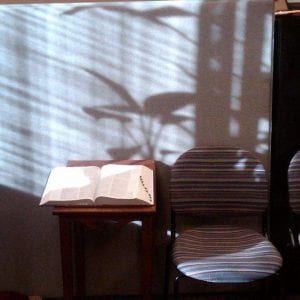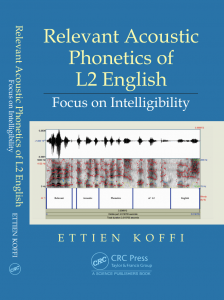Minnesota Writing and English
Call for Proposals
for Zoom Conference Thursday-Friday, March 25-26, 2021
“Reinvent, Reinvest, Reinvigorate: Teaching after 2020”
Proposals due Sunday midnight, January 24, 2021
We welcome your proposal–no matter your state or region of the country–for the 2021 MnWE Zoom Conference Thursday-Friday, March 25-26! Please go to www.MnWE.org by January 24 to send it to us. Registration for attending the conference will open soon.
MnWE is a warm, welcoming professional organization emphasizing friendly, respectful discussion and exchange of information. We accept almost all presentations: especially, this year, those that use the theme. The annual, two-day MnWE Conference is an Upper Midwest regional event centered in Minnesota, but open to people from any state or country. Past conferences have featured speakers and presenters from a variety of places and nations. This Zoom conference, in particular, is a great opportunity to practice presenting, prepare for a future presentation, or share your knowledge from your work or a past conference, no matter your geographic location.
This year, our conference theme is “Reinvent, Reinvest, Reinvigorate: Teaching after 2020.” The year 2020 imposed an involuntary reset on academe: an opportunity to take stock of our pedagogy, adapt what needs a refresh, and create new techniques and tools for tutoring and teaching Composition, Literature, and Creative Writing. Our MnWE theme invites you to share your experiences in keeping English and Writing education vital for students during a pandemic, economic disruptions, demands for law enforcement reform, and more.
Our theme also encourages you to look to the future. Social justice, health, and economic crises have illuminated our nation’s disparities in both higher education and high schools. Health and safety concerns and financial uncertainties threaten our students, our colleagues and coworkers, and us. How will the lessons and experiences of the past year transform our teaching
We welcome proposals responding to the theme “Reinvent, Reinvest, and Reinvigorate: Teaching after 2020” for teaching Literature, Writing, or ESL/ELL/MLL; tutoring students online or in writing centers; or building relationships between high school and college-level English and Writing. You may address questions such as
- What have you had to reinvent for your socially distanced or virtual classrooms and individual work with students, and how might those revised strategies inform your teaching beyond present emergencies?
- How have you made your English courses work for nonnative English speakers and other students who faced educational challenges even before the pandemic added barriers to learning?
- How are you responding to recent and long-standing demands to end systemic racism in our justice systems and beyond?
- How should we wisely reinvest our time, energy, and resources in schools?
- What can we do to alleviate student debt and lift graduate students’ wages and career prospects?
- What place do unions have in this profession, and how do we talk about labor history and economic justice in our courses?
- With the pandemic accelerating the turn to online education, what will be the value of face-to-face campus life going forward from 2020?
- How will we equip students with research and critical thinking skills for sifting through conflicting accounts or disinformation to make sense of chaotic times and reach informed and thoughtful conclusions?
Roundtable Breakouts
The entire conference will be held via Zoom. For this virtual event, breakouts will be somewhat different. With the goal of making the conference as interactive and engaging as possible, all sessions will be 60-minute roundtable discussions: three to five discussants will have several minutes each to address the breakout’s topic, and the remainder of the session to exchange their views with each other and respond to questions from other participants.
Proposals
You may submit a proposal on behalf of a group or as an individual; proposals by individuals will be grouped into topic-appropriate roundtables. Groups should prepare an approximate 200-word proposal that summarizes the presentation and explains its value to teachers of English and writing. Individuals should prepare an approximate 100-word proposal.
Please submit your proposal by Sunday midnight, January 24, at www.mnwe.org. If you have questions, let us know at any email address below.
The MnWE Committee
—
Richard Jewell, General Coordinator, jeweL001@umn.edu or richard@jewell.net
Larry Sklaney, Conference Coordinator, larry.sklaney@century.edu
Danielle Hinrichs, Program Coordinator, danielle.hinrichs@metrostate.edu
Gordon Pueschner, Volunteer Coordinator, gordon.pueschner@century.edu
Jana Rieck, Communications Coordinator, janaL.rieck@yahoo.com
Heidi Burns, Registration Coordinator, heidi.burns@mnsu.edu
 “The St. Cloud State writing centers provide free services to support any of the writing and reading you do in and outside of school. We work with writers from all levels of experience and ability at any stage in the writing process. Our purpose is to help you become a more effective, versatile, and confident communicator.
“The St. Cloud State writing centers provide free services to support any of the writing and reading you do in and outside of school. We work with writers from all levels of experience and ability at any stage in the writing process. Our purpose is to help you become a more effective, versatile, and confident communicator. 

